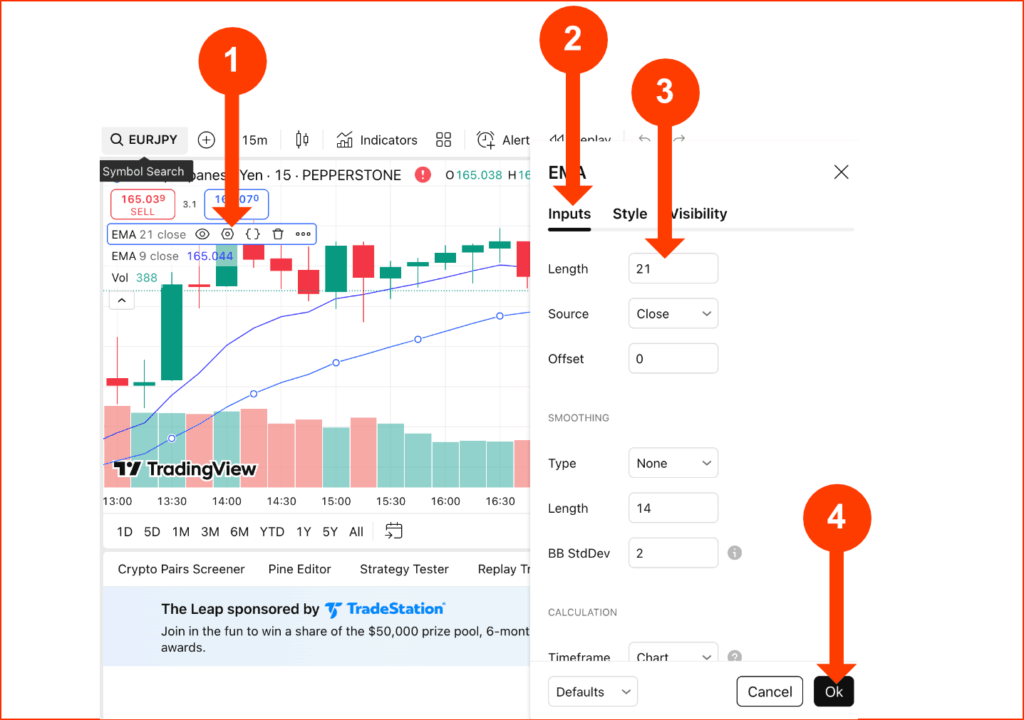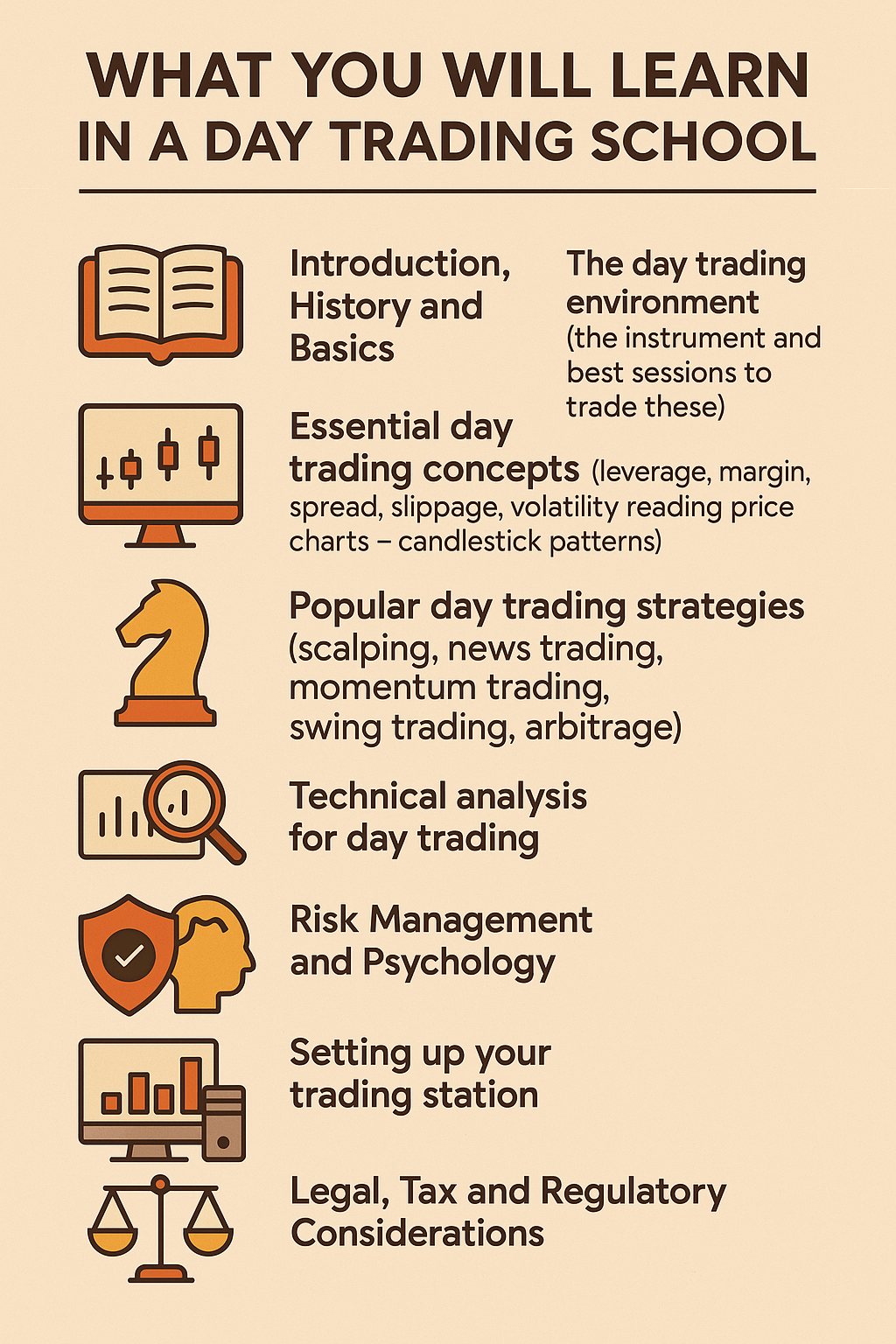
The potential to make money in forex exists from the very first trade, but generating consistent, sustainable profits is a gradual process that requires skill, discipline, and robust risk management.
While some traders might see returns in a matter of hours through scalping, treating forex as a get-rich-quick scheme is a sure path to significant losses.
The real timeline for making money is measured in months and years spent on education and practice. Using a reliable broker like Pepperstone with tight spreads and seamless integration with advanced charting platforms like TradingView is crucial for executing strategies effectively, whether you‘re a day trader or a long-term position trader.
The Realistic Timeline for Forex Profits
Making money in forex is less about speed and more about consistency. The market’s high leverage can amplify both gains and losses, meaning a few successful trades do not equate to long-term profitability.
Most successful traders undergo a period of demo trading, followed by a phase of managing small live accounts where preserving capital is the primary goal. This journey involves developing a tested strategy, mastering psychological control, and understanding that risk management, not just profit chasing, is the key to survival and growth.
Short-Term (Scalping/Day Trading): Scalpers aim to profit from small price movements over timeframes of seconds to minutes, potentially making money within a single day. However, this requires intense focus, a proven strategy, and low transaction costs from a broker like Pepperstone to be viable.
The Demo Account Phase: Before risking real capital, every trader should spend 2-3 months demo trading. This period is for testing strategies, learning platform mechanics like TradingView, and understanding market dynamics without financial pressure.
The Importance of a Trading Plan: A solid plan defines your risk-reward ratio, entry/exit points, and daily loss limits. Without it, emotional decisions will likely lead to rapid account depletion, regardless of market knowledge.
Leverage: A Double-Edged Sword: High leverage can magnify gains from small market movements, creating the illusion of quick money. However, it can just as quickly amplify losses, making risk management the most critical factor in determining how long you stay in the game.
The Role of Psychology: Greed, fear, and revenge trading are major reasons new traders lose money quickly. Developing the discipline to stick to a plan is a skill that takes time to cultivate and is essential for consistent profitability.
Frequently Asked Questions
Is it possible to become a profitable forex trader in one month?
While it’s theoretically possible to have a profitable month, becoming a consistently profitable trader who can withstand different market conditions is highly unlikely within 30 days. It takes most traders much longer to develop the necessary skills and discipline.
What is the average income for a beginner forex trader?
The average income for a beginner is often negative, as most new traders initially lose money. The focus for beginners should be on education and preserving capital, not generating income, until they have a statistically proven edge.
How much money do I need to start making a living from forex?
The amount varies drastically based on your strategy, risk tolerance, and living expenses. However, it requires a significant capital base to generate sustainable income without taking on excessive risk. Most professionals advise against trying to “live off” trading until you have years of consistent performance.
Why do most forex traders fail in the first few months?
Most traders fail due to a lack of a structured plan, poor risk management, underestimating the psychological challenges, and approaching the market with a get-rich-quick mentality instead of treating it as a professional skill.
Can you make a profit from forex with a small account?
Yes, it is possible to grow a small account, but it requires extreme discipline, realistic profit targets, and strict risk management (e.g., risking no more than 1% of the account per trade). This is a slow and steady process, not a rapid one.
Final Thoughts
The question of how quickly you can make money in forex is ultimately the wrong one to ask. The right question is: “How can I become a consistently profitable trader?”
Sustainable success in forex is a marathon, not a sprint. It is built on a foundation of education, a robust trading plan, and iron-clad risk management. Choosing a reputable broker is a fundamental part of this journey.
Pepperstone provides the low spreads, fast execution, and advanced tools—including full TradingView integration—necessary to compete effectively. Other well-regulated brokers like IC Markets and FP Markets also offer excellent environments for developing traders.
By focusing on long-term consistency over short-term gains, you dramatically increase your chances of building lasting profitability in the forex market.
Elias Stroud is a professional forex trader and market analyst with over eight years of experience. His journey began with the common misconception that trading was a get-rich-quick scheme, a path that led to significant early losses. It was this initial failure that forced a pivot towards disciplined, long-term learning and strategy development.
Today, Elias specializes in price action analysis, focusing on identifying high-probability setups without relying on complex indicators. He has cultivated a premium-level trading account, a direct result of his commitment to a structured and professional approach to the markets. Elias is passionate about sharing the actionable insights and foundational principles that helped him transform from a novice to a consistently profitable trader.
For further verification of his professional standing and live trading credentials, please visit the “About Us” page where account confirmation screenshots are provided, along with links to his trusted broker, Pepperstone, and his primary charting platform, TradingView.


